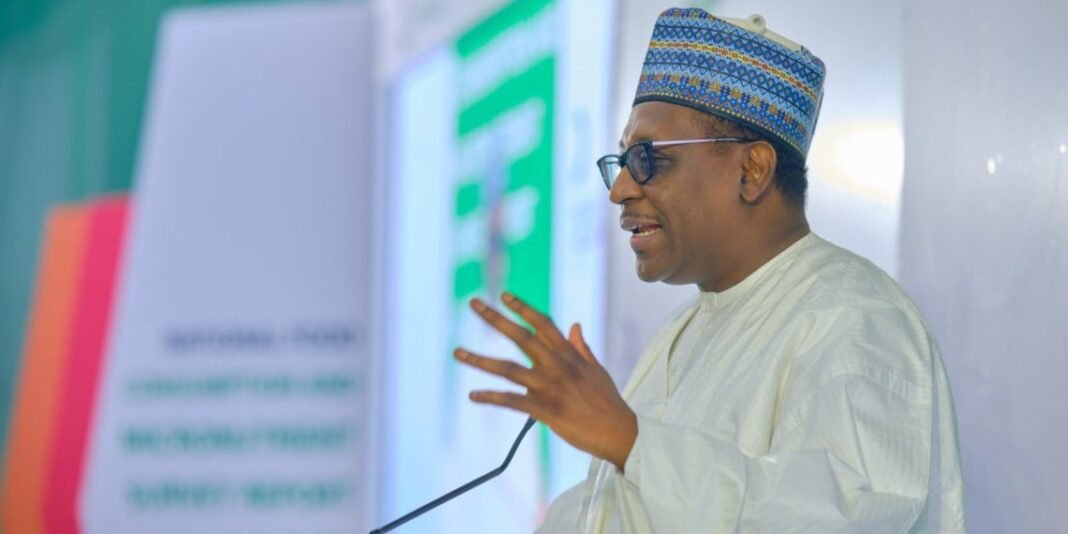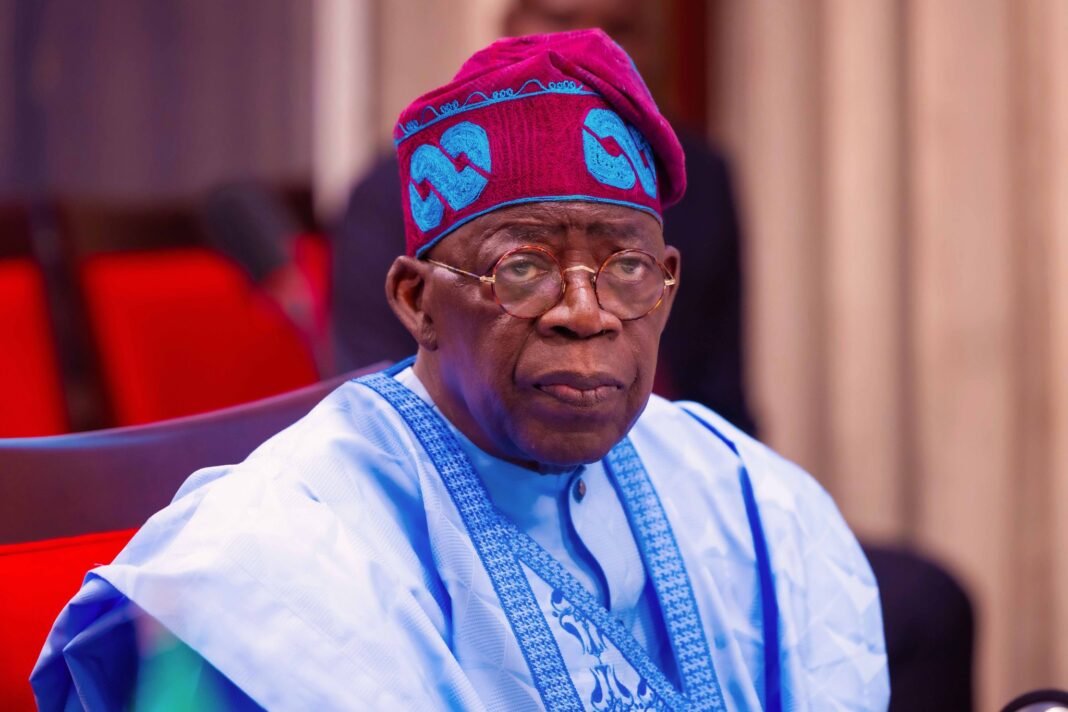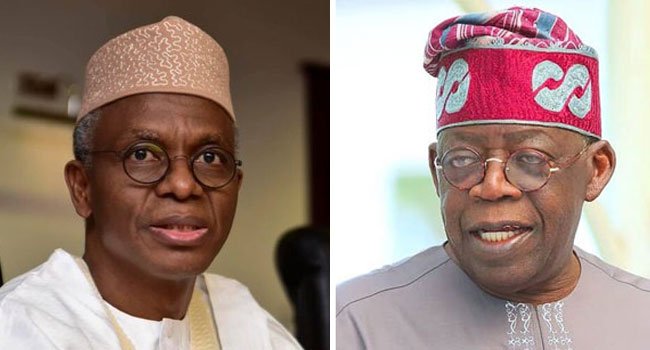The Nigerian government has announced plans to retain 28,000 health workers whose salaries were previously funded by the United States Agency for International Development (USAID), following a suspension of USAID activities under U.S.
President Donald Trump. Speaking on Channels Television’s Hard Copy program on Friday, Nigeria’s Coordinating Minister of Health and Social Welfare, Muhammad Pate, stated that the government is working to integrate these health workers into Nigeria’s healthcare system and reduce reliance on foreign aid.
Mr. Pate recognized the significant contributions of the U.S. government to Nigeria’s healthcare, particularly in combating HIV, Tuberculosis, and Malaria.
However, he emphasized Nigeria’s determination to take control of its healthcare sector and lessen its dependence on external assistance. “There are 28,000 health workers who were being paid through U.S. government support.
While this was appreciated, those health workers are Nigerians, and we need to find ways to transition them,” he said.
Read Also: Anambra Government Takes Action As Health Worker Refuses To Attend To Pregnant Woman
President Trump suspended USAID activities and halted the President’s Emergency Plan for AIDS Relief (PEPFAR), which funds global HIV/AIDS efforts.
The suspension, implemented after Trump’s inauguration in January 2024, has significantly impacted countries like Nigeria that rely on U.S. health aid.
Though PEPFAR was later allowed to resume some activities, the suspension of USAID’s programs has caused further disruption in global health efforts, including Nigeria.
The U.S. government, under President Trump and led by Elon Musk, has cited auditing concerns related to waste and corruption.
To mitigate the effects of the funding freeze, the Nigerian Senate recently allocated an additional N300 billion to the health sector in the 2025 budget.
This allocation is aimed at covering the costs associated with the 28,000 health workers and other health sector needs.
According to Mr. Pate, 70% of Nigeria’s total health expenditure comes from private sources, primarily out-of-pocket payments, while only 30% is publicly financed.
Although external funding has supported healthcare programs, it is not the primary source of Nigeria’s health financing, and the minister highlighted the vulnerability of the country to changes in donor policies.
He underscored the importance of domestic investment in the healthcare sector, aligning with President Bola Tinubu’s Renewed Hope Agenda, which prioritizes human capital development and increased healthcare funding.
Recently, the government approved nearly $1 billion to enhance health service delivery nationwide.
Mr. Pate also pointed out Nigeria’s heavy reliance on imports for pharmaceuticals, with over 70% of its drugs and nearly all medical devices coming from abroad.
While reversing this trend will take time, he emphasized the government’s commitment to increasing local production of essential medical supplies, such as antibiotics, to strengthen the healthcare system.
“Healthcare is not cheap. Quality healthcare is not cheap. You have to invest in it. We as a country had not invested in it, and yet we had been asking for the highest quality health,” he concluded.




